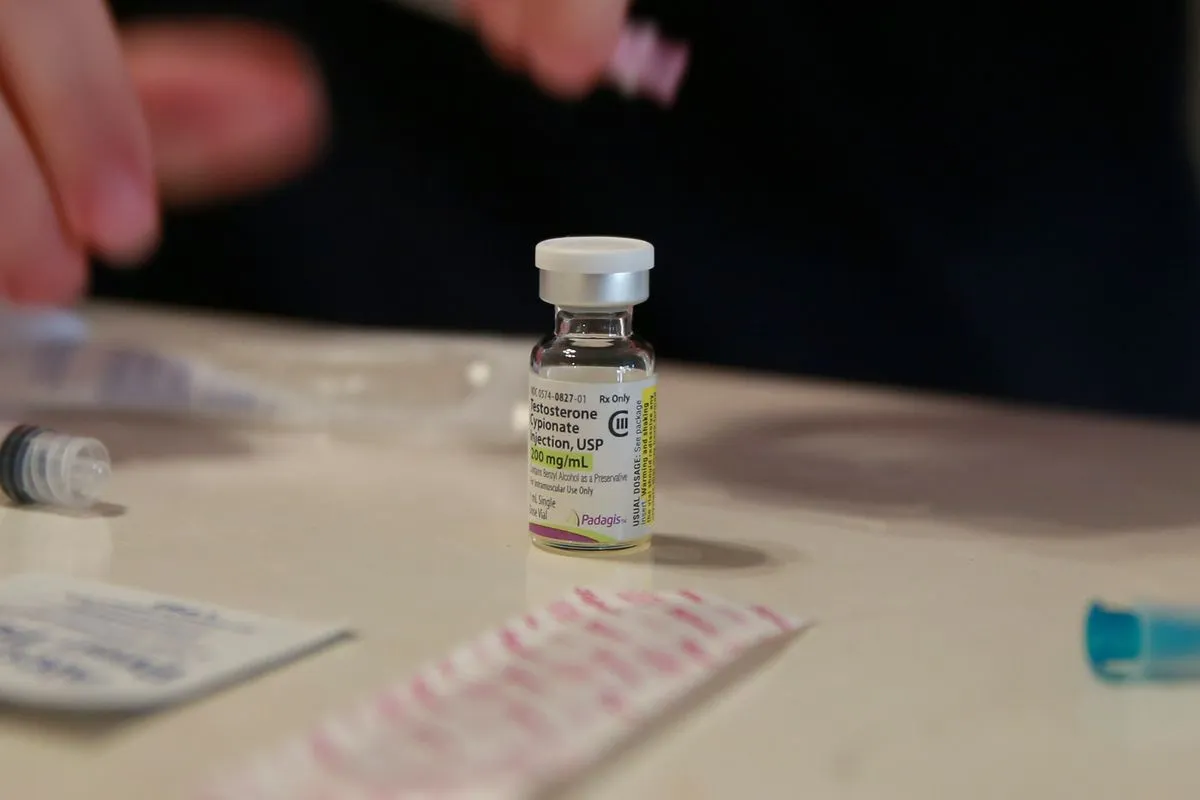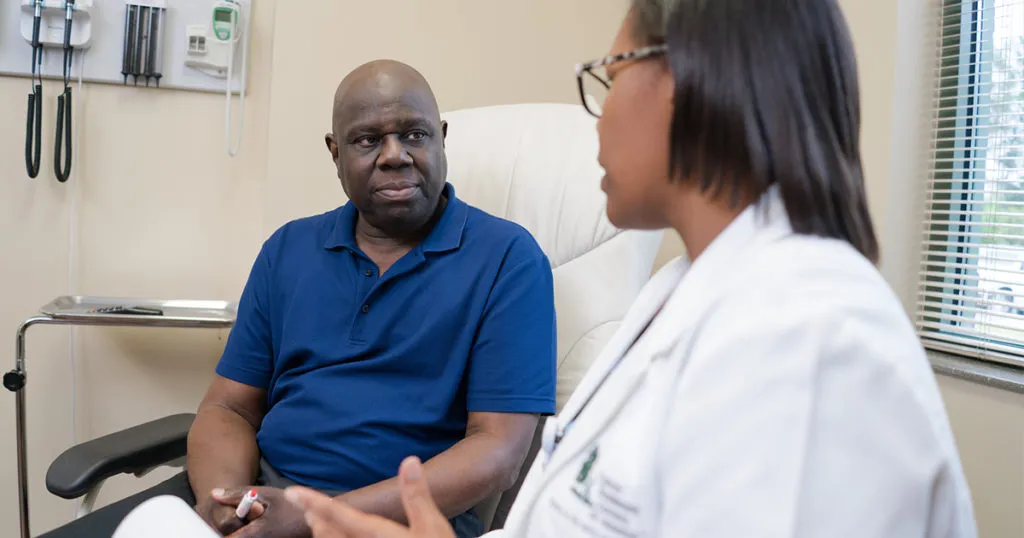UK Doctors and Nurses with Long COVID to Sue for Compensation: A Growing Legal and Health Crisis
As the COVID-19 pandemic stretched across the globe, frontline healthcare workers in the United Kingdom, including doctors, nurses, and other healthcare staff, became the backbone of the nation’s fight against the virus. They faced unprecedented challenges, working long hours in overwhelmed hospitals and risking their lives daily to care for those infected with the virus. However, as the pandemic evolved, many of these workers began to face an entirely new and long-lasting struggle: long COVID. This condition, which encompasses a range of symptoms persisting long after the initial infection has passed, has become a growing concern among healthcare professionals in the UK. With increasing numbers of doctors and nurses experiencing debilitating effects from long COVID, the issue of compensation has come to the forefront. A rising number of these workers are now considering legal action against their employers, seeking compensation for the physical and mental toll the condition has taken on their lives and careers.
What is Long COVID?
Long COVID, also referred to as post-acute sequelae of SARS-CoV-2 infection (PASC), refers to a collection of symptoms that persist for weeks or even months after an individual has recovered from the acute phase of COVID-19. While most people recover from the virus within a few weeks, those with long COVID experience lingering issues, including extreme fatigue, brain fog, shortness of breath, joint pain, chest pain, and difficulty concentrating. In some cases, people may also experience heart palpitations, insomnia, and digestive issues. These symptoms can significantly impact an individual’s ability to work, perform daily tasks, and live a normal life.
Long COVID has been reported across various age groups and demographics, but its prevalence is notably high among healthcare workers who were at the highest risk of contracting the virus due to their frontline roles. The physical demands of working in healthcare, coupled with exposure to the virus, have left many doctors, nurses, and other healthcare professionals struggling with long-term health problems.
The Impact of Long COVID on Healthcare Workers
Healthcare workers in the UK, many of whom were already working under immense pressure even before the pandemic, have been disproportionately affected by long COVID. Reports have shown that the rates of long COVID are higher among healthcare professionals than the general population, with one study indicating that around 10% of healthcare workers who tested positive for COVID-19 went on to develop persistent symptoms. Many of these workers have experienced severe and chronic fatigue, cognitive impairments, and a loss of physical stamina—issues that have significantly impaired their ability to continue working in their demanding roles.
For healthcare workers like doctors and nurses, the physical and mental strain of long COVID can be overwhelming. Doctors have reported difficulty in maintaining focus and clarity while making critical decisions, while nurses have struggled with tasks that require physical stamina, such as moving patients or standing for long shifts. In many cases, these professionals have been forced to reduce their hours or leave their jobs altogether due to the severity of their symptoms. This not only affects their personal well-being but also has broader implications for the healthcare system, which already faces staffing shortages and mounting pressure.
The situation has become so dire that healthcare workers, particularly those who contracted COVID-19 while working, are now seeking compensation for the long-term health consequences they are experiencing. Many of these workers believe they contracted the virus while performing their duties in healthcare settings that failed to provide adequate protection, leading them to seek legal recourse for the lasting impact on their health and careers.
Legal Action for Compensation
The issue of compensation for healthcare workers suffering from long COVID has gained significant attention in the UK. As these workers continue to battle the long-term effects of the virus, many are exploring the possibility of filing lawsuits against their employers, seeking compensation for the physical and mental health challenges caused by long COVID.
At the heart of these legal battles is the argument that healthcare workers should not be left to shoulder the burden of the pandemic’s aftermath alone. The UK’s National Health Service (NHS) and other healthcare employers have faced criticism for not doing enough to protect their workers during the height of the pandemic, particularly in the early days when personal protective equipment (PPE) was in short supply, and safety protocols were not fully in place. Many workers believe they contracted COVID-19 due to insufficient safety measures, and now, as they face the debilitating consequences of long COVID, they feel they are entitled to compensation.
The legal claims being made by healthcare workers center on two key issues: the failure to protect them adequately during the pandemic and the failure to provide the necessary support and accommodations once they began experiencing long COVID symptoms. These workers argue that their employers, particularly NHS trusts and healthcare institutions, failed in their duty of care to ensure safe working conditions, which led to their contracting the virus. In turn, the prolonged health effects of long COVID have impacted their ability to work, leading to financial hardship, emotional distress, and physical impairment.
Legal experts are now closely watching how these cases unfold, as they could set a precedent for future claims. In the past, workplace injuries and illnesses have been grounds for compensation, but the complexity of long COVID and its varying symptoms may present challenges in proving causation and determining the extent of the damage. Nevertheless, there is growing support for healthcare workers seeking compensation, with numerous organizations advocating on their behalf.
Why Compensation Matters for Healthcare Workers
The demand for compensation is not merely about financial recovery; it is a reflection of the physical, emotional, and professional toll that long COVID has taken on these workers. Many doctors and nurses who contracted the virus while working in high-risk environments are now unable to work at the same capacity they once did. Some have been forced to leave their profession entirely due to the long-term nature of their symptoms. This loss of income, combined with the ongoing healthcare costs associated with treating long COVID, has left many healthcare workers struggling.
In addition to the financial burden, healthcare workers also face significant emotional and psychological challenges. Many feel betrayed by the institutions they served loyally during the pandemic, believing that they were not adequately protected or supported. The emotional toll of working in an understaffed, high-pressure environment, combined with the ongoing health struggles of long COVID, has led to increased levels of burnout and mental health issues among healthcare workers. The decision to pursue compensation is not only about seeking justice for the physical impact of the disease but also about acknowledging the emotional distress and professional setbacks caused by long COVID.
The Challenges of Proving Long COVID in Legal Cases
One of the major hurdles in the legal fight for compensation is proving the existence and severity of long COVID. Unlike more straightforward workplace injuries, long COVID is a complex and multifaceted condition with symptoms that vary widely from person to person. Additionally, many long COVID symptoms—such as fatigue, brain fog, and joint pain—are subjective and can be difficult to quantify in a legal setting.
Another challenge is proving that long COVID was contracted due to work-related exposure. While many healthcare workers strongly believe they contracted the virus while treating patients, demonstrating a direct link between their workplace and their condition can be difficult. Legal experts caution that these cases may be prolonged, as proving causality could require extensive medical evidence and expert testimony.
Moreover, some employers, including NHS Trusts, have disputed claims that healthcare workers’ long COVID is a result of their employment. They argue that the virus is prevalent in society, and it is not always possible to pinpoint the exact source of infection. This has further complicated the process of seeking compensation, as many workers have faced resistance from their employers when attempting to claim compensation for their condition.
Support for Healthcare Workers with Long COVID
Despite the challenges, many healthcare workers are not alone in their fight for compensation. Several advocacy groups, unions, and legal organizations are rallying behind them, providing support in the form of legal representation, financial assistance, and psychological counseling. Trade unions such as the British Medical Association (BMA) and Royal College of Nursing (RCN) have been vocal in supporting healthcare workers affected by long COVID and are pushing for changes in how these workers are compensated.
These organizations argue that healthcare workers were put in harm’s way during the pandemic and are entitled to compensation for the lasting effects of their exposure to COVID-19. Furthermore, they stress that healthcare workers need proper support to recover from long COVID, including access to medical treatment, accommodations in the workplace, and financial assistance during periods of illness.
Looking Ahead: The Future of Legal Action for Long COVID
The fight for compensation among UK doctors, nurses, and other healthcare workers with long COVID is likely to continue for the foreseeable future. As more healthcare professionals come forward with claims, the issue is expected to become a major point of discussion in both legal and healthcare policy circles. The cases being brought forward could ultimately reshape how workplace injuries and illnesses are treated in the context of a global pandemic and could influence how long COVID is understood and managed in the UK and beyond.
In the meantime, healthcare workers with long COVID are left grappling with the profound impact of the condition on their lives and careers. For many, the legal pursuit of compensation is an attempt to ensure they are not forgotten in the aftermath of the pandemic and that their sacrifices are properly recognized and addressed.
Ultimately, the legal actions taken by healthcare workers with long COVID highlight a broader issue: the need for systemic change in how healthcare workers are supported, both during a crisis and in its aftermath. As the UK navigates this legal and healthcare crisis, the outcomes of these cases will be watched closely, with implications for both public health policy and the future of worker protections in the healthcare sector.























